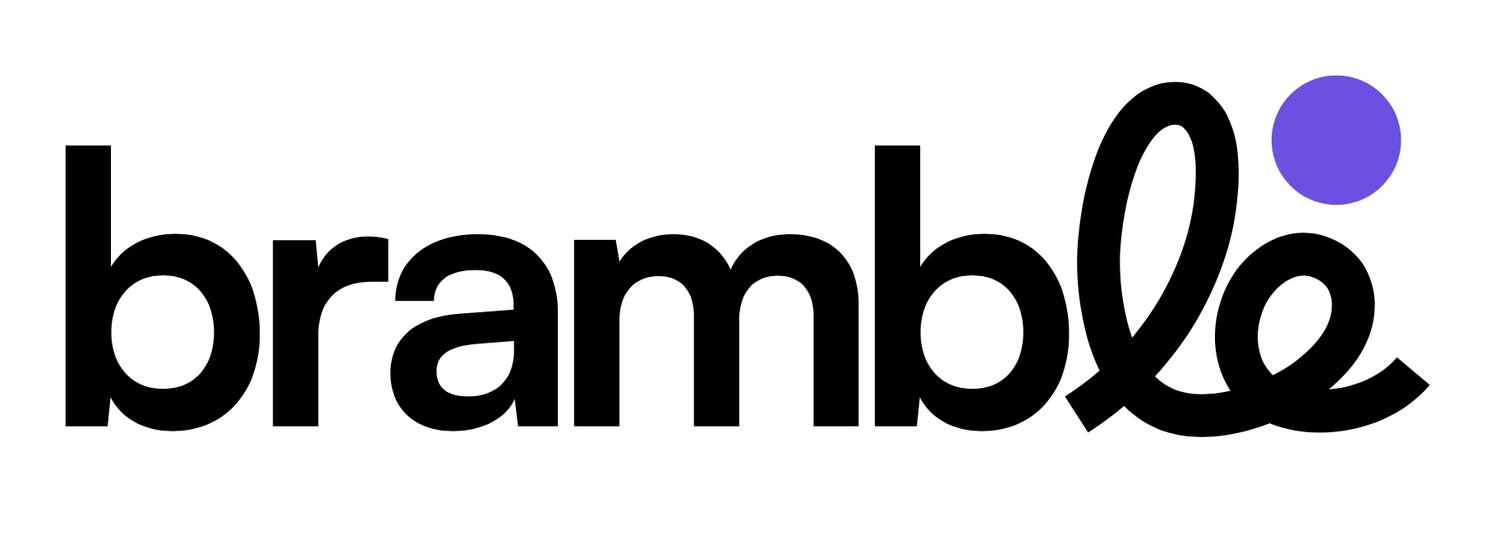Lessons from being a founder: 1. Leaner and faster
As I begin the new adventure of being a co-founder at Bramble, I’ve tried to be introspective about my personal lessons from a decade of building, launching, scaling and ultimately closing Wefarm. There are two lessons in particular that stand out to me. The first is below, and the second can be found here.
There are two words that obsessively pop into my brain when I think about my next business: ‘leaner’ and ‘faster’. Without doubt the single biggest lesson I've learned the hard way is that it’s all about execution. And at VC funded, early stage startup execution is all about speed and efficiency of capital use.
I look back with a lot of pride at what we achieved in the first couple of years of building Wefarm, going from 0 to 100k users then to 1 million in the space of 3 years. And also the last couple of years as we made big moves to a digital platform and I'd matured as a CEO. But when I look back at the middle I see a company that got too bloated and too slow.
This is probably something that creeps up on a lot of startups as they grow from 20 to 50 people and beyond. Suddenly there are more of a lot of things - managers and structures, meetings, and policies. There’s less comfort with risk, and getting everyone pointed in the same direction takes much longer and much more effort. Before you know it these thousand cuts have slowed the company considerably while costing a lot more to run. So what are the lessons I learned?
Hiring leads to hiring
Exponential growth is usually good at a startup, but hiring can often feel exponential too. People want more people around them. They want to progress in their career and manage new hires, they want to bring in specialists, and there’s a general feeling that all issues can be solved through hiring.
In my next company I will really push to keep the team leaner for longer, be more cautious in throwing around titles and promotions, and obsess about finding Middle Ground Mangers - people who are as good at shipping the button themselves as they are at inspiring others to ship the button.
Business cases vs behaviours
Some roles make sense in theory, and a good ‘business case’ can be made for them, but outside the superficial financials they can also change behaviours inside the business. For example, you might be spending a lot on legal fees (contracts, ESOP docs, NDAs, investment rounds, etc.) over a year, but that doesn’t necessarily mean its time to hire an in-house counsel. Having ‘legal’ in a startup can build the wrong behaviours and attitude to risk, however great the counsel and people involved are.
Done over perfect
The mantra we got to at Wefarm was “Ship. The. Button!” This comes from a particular example of it taking us more than two weeks to spec and build a button on our community (this was definitely a CEO cultural intervention moment!), but shipping the metaphorical button is the backbone of all fast moving startups.
In startup world perfectionism and too much research and analysis is a hindrance. Prioritizing action and delivery and just getting it done is better than perfection any day. Progression is built on launching and iterating.
*One other note on hiring. My biggest piece of advice is to ALWAYS go through the full process. I’ve had multiple experiences of people interviewing very well through 2 or 3 rounds of interviews, then coming across very differently in a casual chat at the end of the process. When people relax you often get to see the real day to day person, not the interview persona. Good or bad, This is gold in making a decision.
